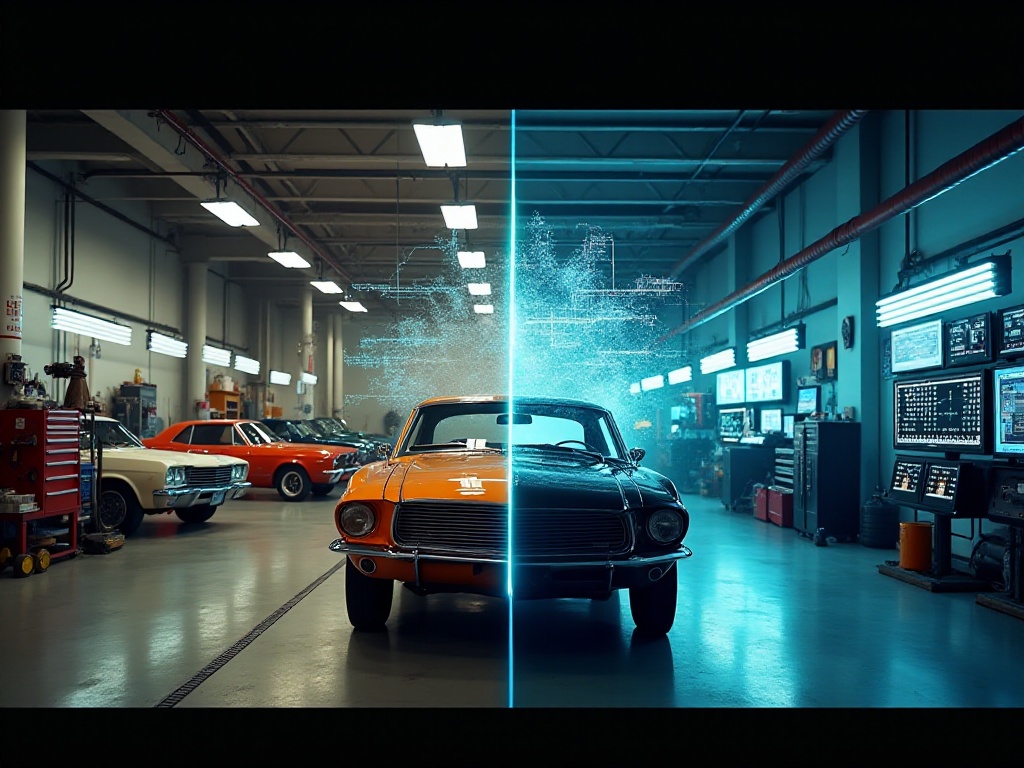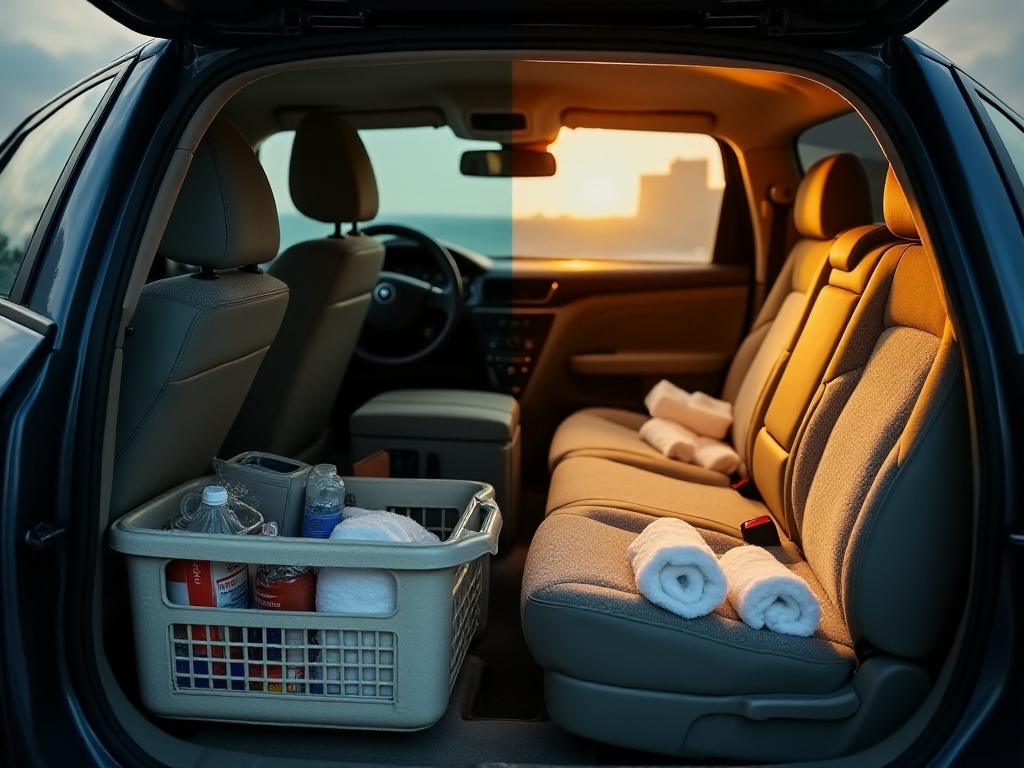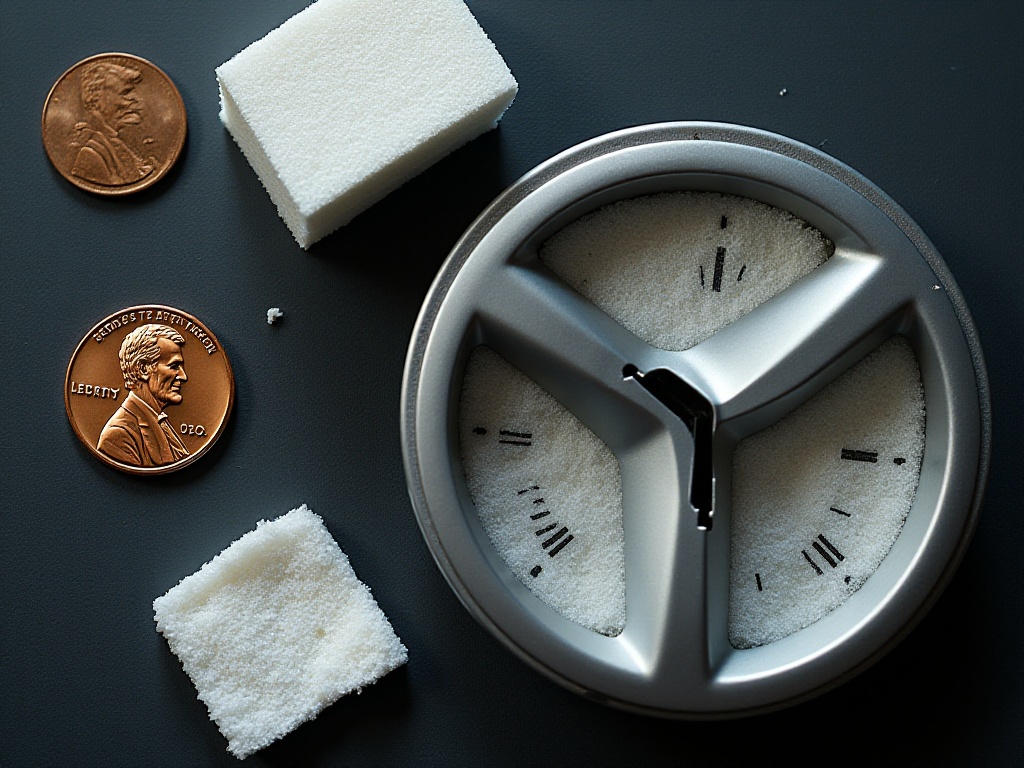Introduction
Brothers and sisters, I'm sharing some valuable tips today! As a seasoned driver with over a decade of experience, I'm all too familiar with the headaches of car maintenance. Every time I visit the dealership for service, my wallet takes an instant hit, making life tough for us working folks. But don't worry, I'll share my years of practical experience to help your beloved car save money and run for many more years.
Engine Maintenance
When it comes to engines, many new car owners see it as super complex technology and are afraid to even touch the hood. Honestly, I was the same way at first, getting overwhelmed every time I looked at the engine bay. But as I learned more about cars over the years, I discovered that engine maintenance isn't that mysterious.
Engine oil is like the engine's blood - poor quality can make your engine fail in no time. But how do you know when to change the oil? Here's a professional tip: dip your finger in the oil and check it. If the color is black and feels extremely sticky, it means the oil has degraded and needs to be changed immediately. Based on my years of experience, under normal driving conditions, you should change the oil about every 5,000 kilometers.
However, changing oil alone isn't enough - you need to change the oil filter too. The oil filter removes impurities from the oil and can become clogged over time. A clogged filter will disrupt oil circulation and could potentially damage the engine. So I recommend changing the oil filter every time you change the oil - that's the safest approach.
Many people overlook the importance of the air filter. It's like a face mask for your engine, filtering the air that enters. If the air filter is clogged, the engine won't be able to "breathe" properly, resulting in reduced power and increased fuel consumption. According to my tests, a clogged air filter can increase fuel consumption by about 14%. Do the math: if you spend 2,000 yuan on gas each month, simply cleaning the air filter can save you 3,360 yuan a year. That's enough to buy lots of snacks!
Another commonly overlooked issue is engine coolant. Many people think coolant is just regular water, which is completely wrong. Coolant contains anti-rust and anti-corrosion additives that protect the engine from corrosion. I recommend changing the coolant every two years and checking the hoses for aging or leaks.
Engine bay cleanliness is also important. Many car owners think it doesn't matter if the engine bay gets dirty since it's not visible. But accumulated dust and oil in the engine bay affect heat dissipation and accelerate parts aging over time. I recommend getting your engine bay professionally cleaned every six months to extend the engine's lifespan.
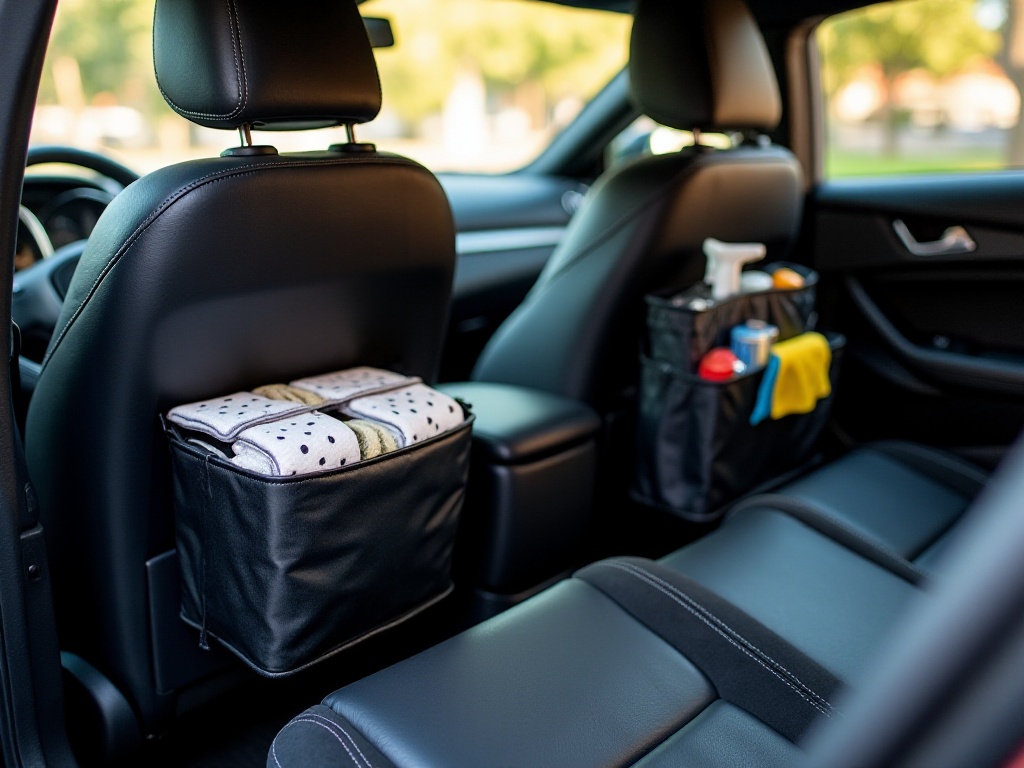
Tire Maintenance
Tires are the only parts that contact the road, and proper maintenance directly affects driving safety. Many newcomers don't know how to tell if tires need replacement, but there's a very simple method: take a one-yuan coin and insert it vertically into the tire tread. If you can see the year number on the coin's edge, it means the tire is seriously worn and needs replacement.
Tire pressure is a technical matter. Too much pressure causes excessive wear in the middle of the tire and reduces grip; too little pressure not only increases fuel consumption but also causes excessive wear on the tire edges. I encountered this situation before - my car was mysteriously using too much fuel, and several dealerships couldn't figure out why. Later I discovered all four tires had low pressure. After adjusting them, fuel consumption immediately dropped by 15%. So I strongly recommend keeping a portable tire pressure gauge in your car and checking tire pressure at least monthly.
Tire rotation is also important. Because front and rear tires wear differently, regular rotation allows for more even wear and longer tire life. Generally, it's recommended to rotate tires every 10,000 kilometers. For directional tires, simply swap front and rear; for non-directional tires, you can swap them in an "X" pattern.
Another often overlooked issue is the spare tire. Many people might not use their spare tire for years, but its condition needs regular checking. Because spare tires can deteriorate even when not in use, it would be embarrassing to find out it's unusable when you actually need it. I recommend checking the spare tire's pressure and condition every six months.
[Continuing to next section...]
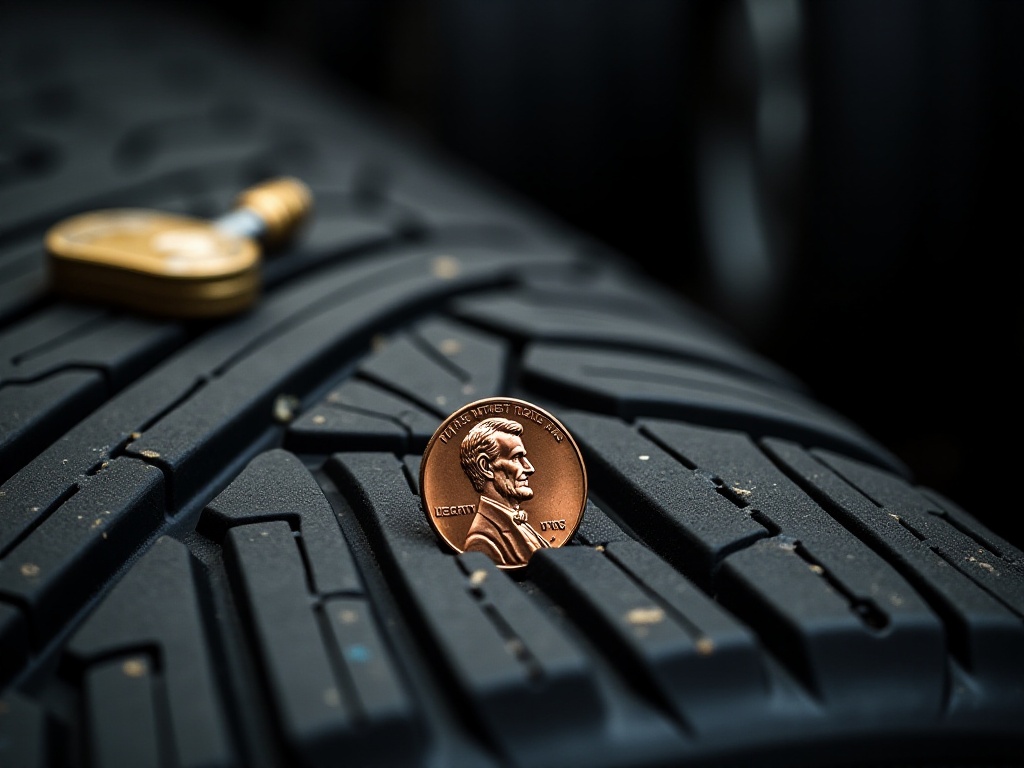
Brake Maintenance
The brake system is crucial for safety, but there are still ways we can check and maintain it ourselves. Let's start with brake pads, one of the most easily worn components. How do you know when to replace brake pads? Generally, if you hear a metallic "squealing" sound when braking, it means the brake pads have reached their limit and must be replaced immediately.
Many car owners have experienced steering wheel vibration when braking, usually caused by warped brake rotors. When this happens, don't rush to spend big money at the dealership - try this method first: find an open area, maintain a speed of about 60 kilometers per hour, then apply firm brake pressure several times, allowing the rotors to heat up and cool naturally. This can sometimes fix minor warping. However, if the steering wheel vibration is severe, I recommend getting it professionally checked.
Brake fluid replacement is also important. Brake fluid is hygroscopic, meaning it absorbs moisture from the air over time, which lowers its boiling point and seriously affects braking performance. Based on my experience, I recommend changing brake fluid every two years. It's best to have this done professionally since special tools are needed to properly bleed the brake system.
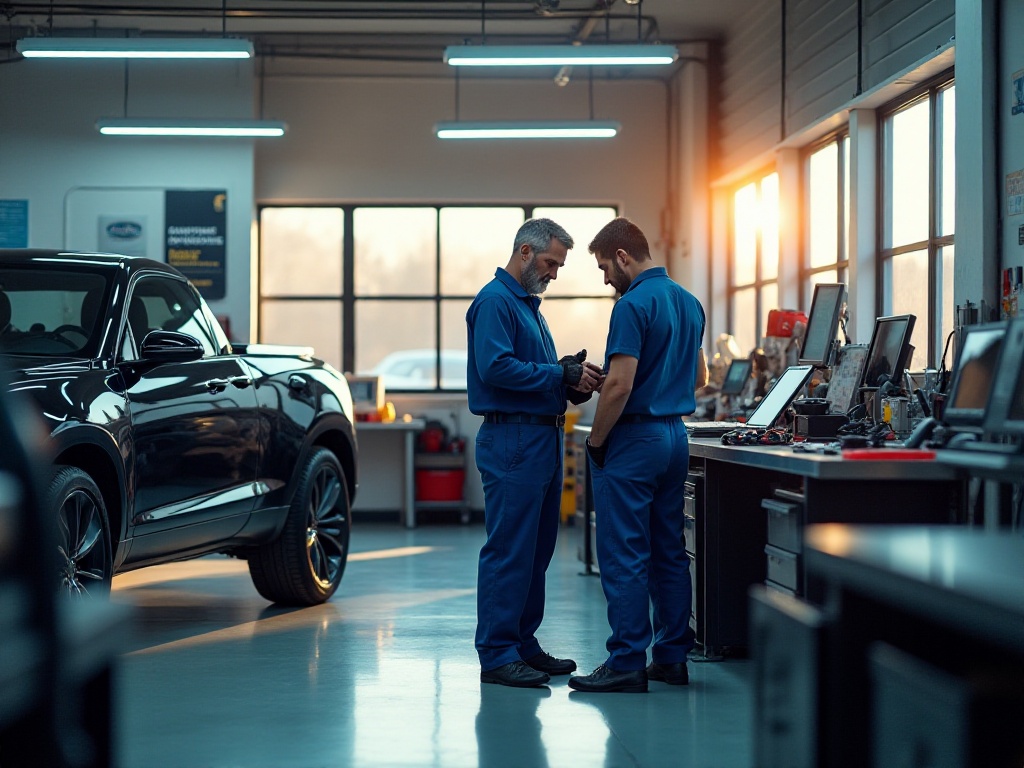
Storage Tips
A clean car interior not only improves mood but enhances the driving experience. Let me share some storage solutions I frequently use. First is a cereal box converted into a car trash bin - this is really practical. Put a garbage bag in an empty cereal box and place it in the door storage compartment. It's both attractive and useful, and you won't worry about trash lying around anymore.
Trunk organization is also important. I highly recommend using bathroom storage racks to organize maintenance supplies. Engine oil, antifreeze, windshield washer fluid - everything can be neatly arranged, and you won't worry about things tipping over. Plus, storage racks usually have non-slip mats, so you don't have to worry about items sliding around while driving.
If you often need to store small items, I recommend laying a carpet with Velcro in the trunk. This way you can secure frequently used tools like the jack and toolbox, and they're easily accessible by simply pulling the Velcro apart when needed.
Center console organization requires technique too. I usually put a small organizer in the armrest box to sort frequently used items like parking cards, change, and tissues. This makes everything easily visible when needed, without having to dig around.
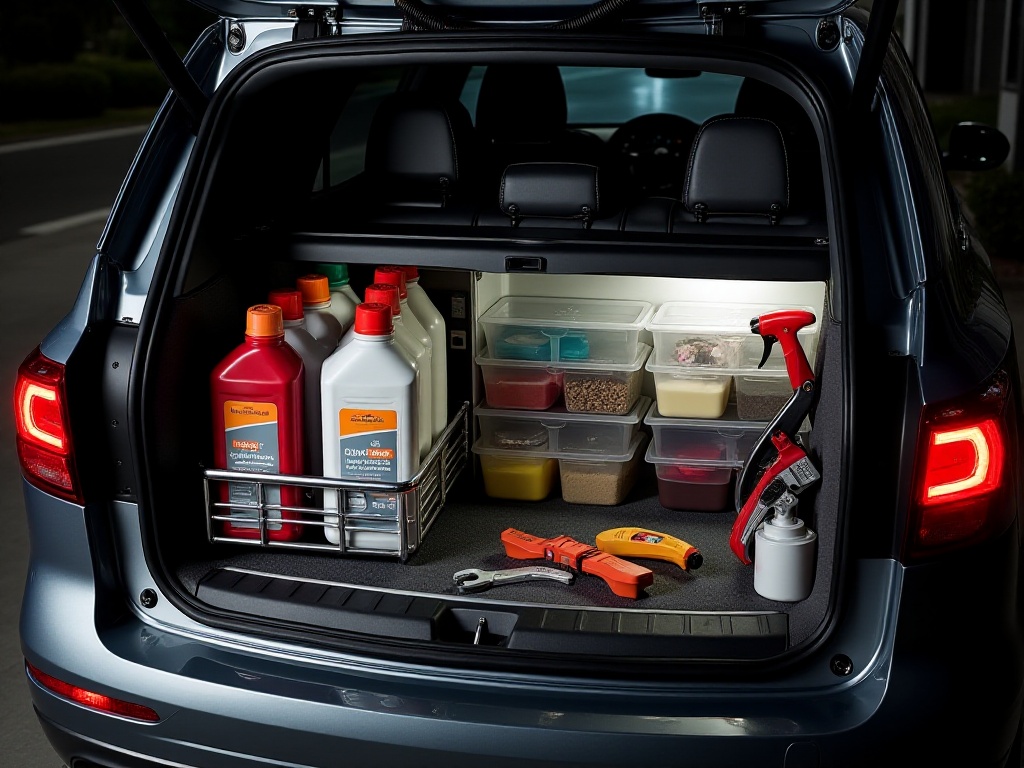
Body Care
Many people think car body care is particularly troublesome, but it's actually simple once you master the techniques. First, regarding car washing, choose cloudy days or evening times to avoid direct sunlight. Washing under strong sunlight can leave water spots on the body, affecting appearance.
Waxing is a skill, but there are tricks to it. The best time is after washing, when the body isn't completely dry. Waxing at this time is not only easier but gives especially good results. I recommend waxing every six months to effectively prevent paint oxidation and keep your car looking new.
If you have a narrow garage, here's a must-learn trick: attach pool noodles to the garage walls. This prevents door dings when opening doors, which is especially helpful for families with children.
Glass care is also important. I recommend buying a glass coating agent to apply to the windshield. This not only increases the glass's water resistance for better visibility in rain but also prevents dust adhesion, which is especially useful during rainy seasons.
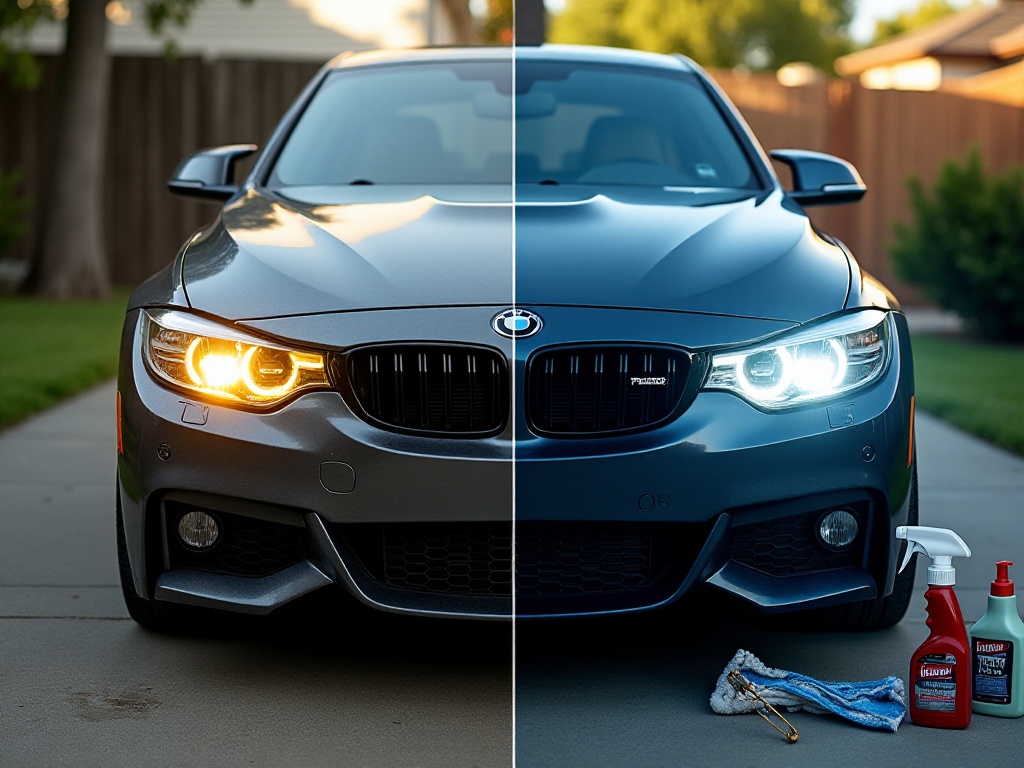
Conclusion
Car maintenance does require time and effort, but it's not difficult if you master the right methods. These maintenance techniques can save you significant repair costs and help your car last longer. Remember, details determine success, and the same applies to car maintenance.
One final suggestion: keep records of all these maintenance tasks, either in your phone's notes or a dedicated car maintenance app. This not only reminds you when maintenance is due but helps you better understand your car.
By the way, next time I plan to share a detailed tutorial on how to replace windshield wipers yourself. Dealerships charge hundreds for a pair of wipers, but you can actually do it yourself in just a few minutes. Once I've prepared the detailed photo tutorial, I'll share it with everyone right away.




